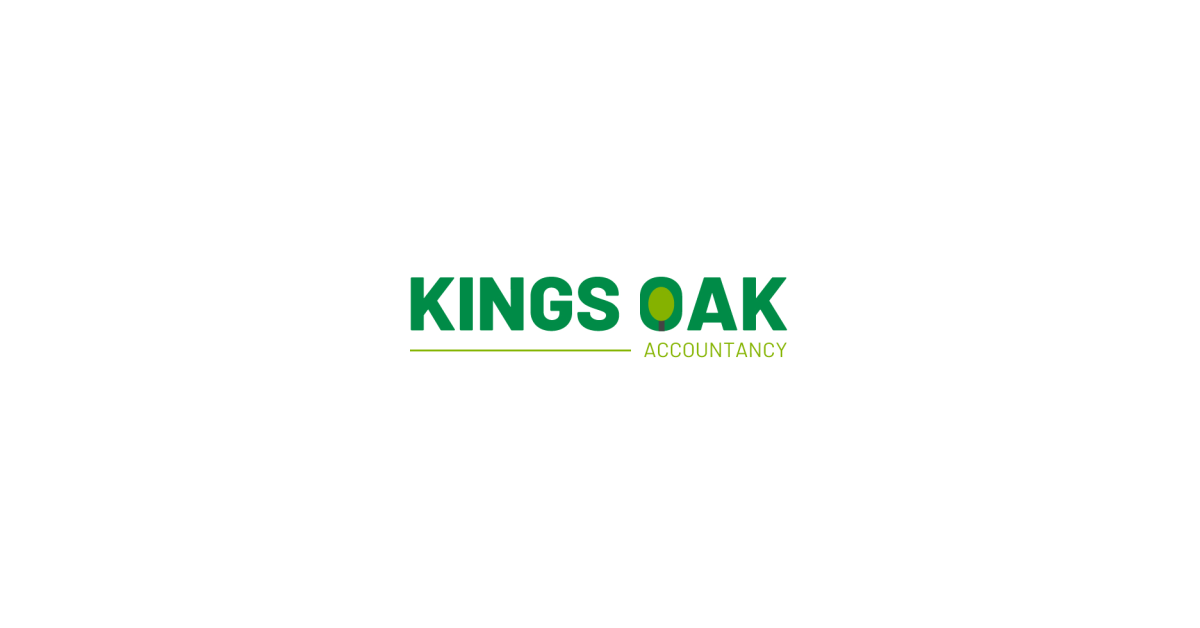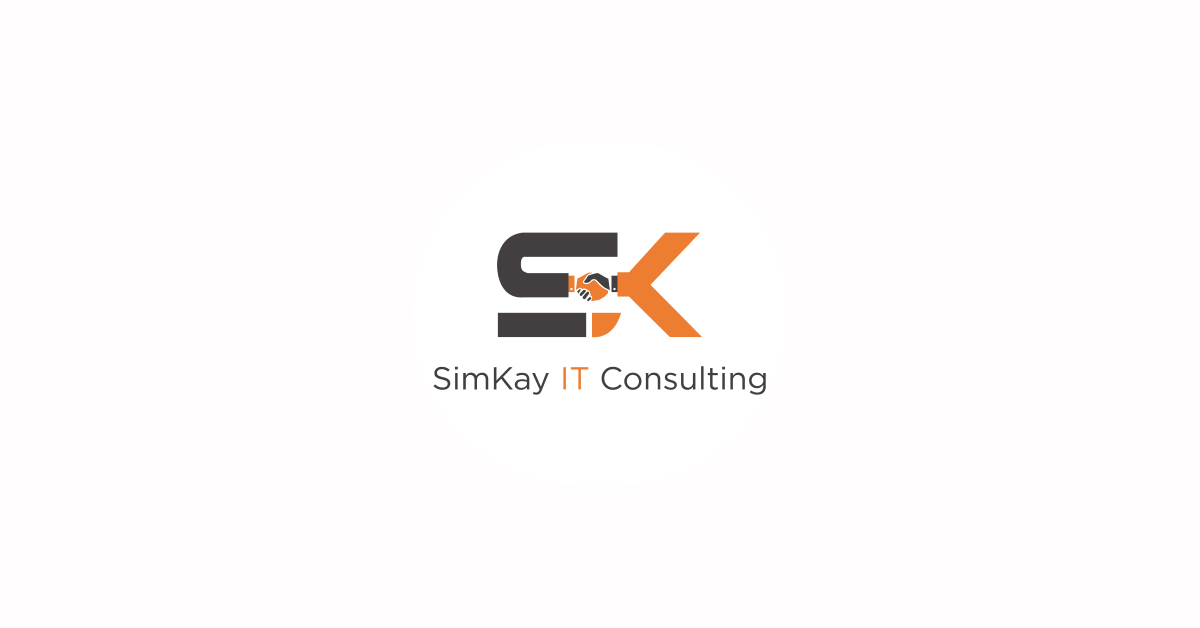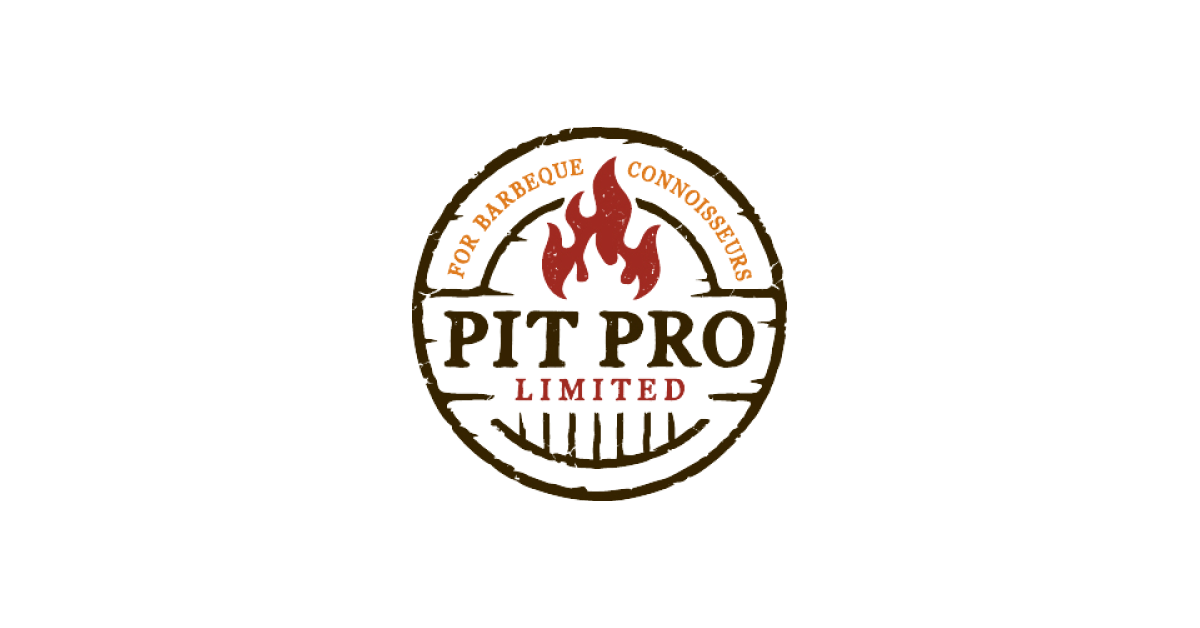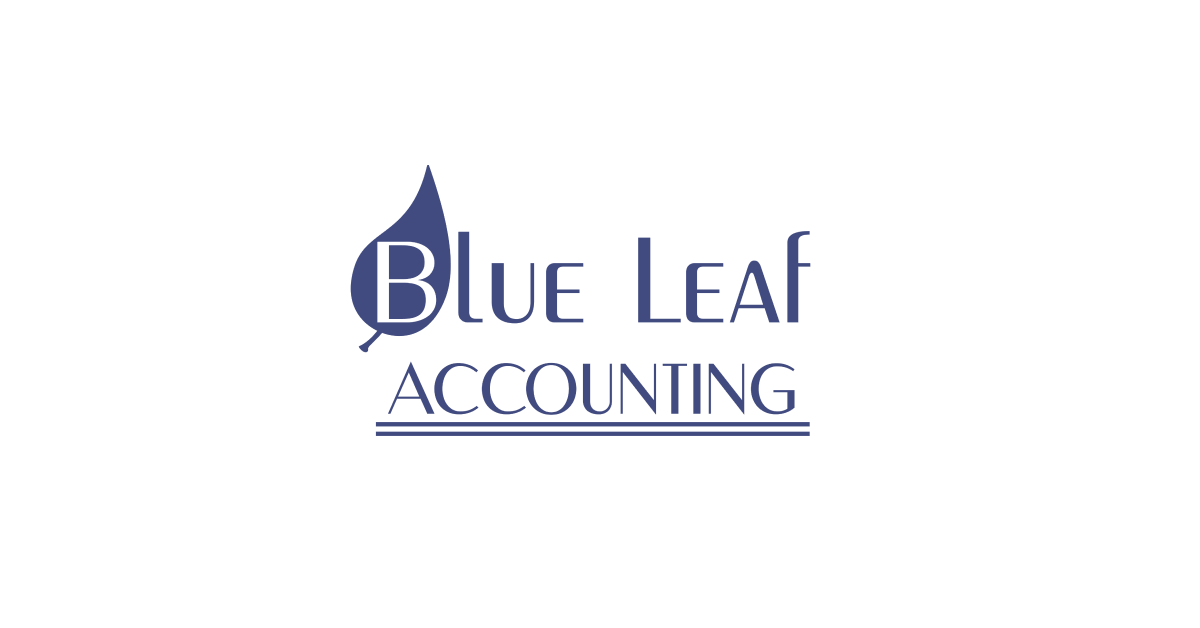We sit down with Andrew Coombs from Kings Oak Accounting to talk about taking over a family-run business, what it means to be his own boss and some lessons he's learnt along the way.
Thanks for taking the time to talk to us. Can you tell us about your business and how you heard about Mettle?
Kings Oak Accounting was originally started by my father to offer bookkeeping, payroll and year-end account services. About three years ago I moved into accountancy from financial services, got my ACCA qualification and then took over from my dad.
My main aim is to drive the business forward and bring it into the 21st century – more digital, less paper. For example, we’ve moved the proposal systems to digital whereas before it was a manual letter of engagement. We’ve also started to move clients onto cloud software away from boxes of paperwork where they all lived. The aim is to become paperless by 2025.
And that’s where Mettle came in.
Initially, we were with a high street bank, but I wanted to move online to a challenger bank. Mettle won out because of the great integration with FreeAgent. As an accounting practice, I thought this was prudent to be using services like FreeAgent ourselves.
Mettle is great for keeping track of everything, especially with push notifications. As soon as money's in the account, I know about it. I also know when any money has left the account.
This means that it doesn’t matter where I am. If I am out and about or at home in the office, I can check and keep track of my business’s finances.
Tips on how to start your business:
What would you say are the three challenges of working in a small business?
The number one challenge is definitely time. There are two other part-time staff that work at Kings Oak, and we pretty much do everything – from marketing to letters of engagement. When you have your own business, you’re not only working for the company but you are working on it too. So time is definitely a big issue.
Another challenge is work-life balance. When you run your own practice or your own business, differentiating between time spent at work and time spent with the family can be quite challenging. I have my work emails on my phone and if anything comes through then I'm sort of trained to look at it straightaway, rightly or wrongly.
Finally, the third biggest challenge is trying to raise your brand as a small business. Especially when you are competing with bigger companies that have whole teams to help with marketing, advertising and bringing in customers.
When it came to raising your brand’s profile and marketing, how did you go about that?
Initially, I attended webinars and informative sessions like that. I'm signed up to a content marketing programme where they provide a lot of blogs and post ideas for content marketing for a fairly small fee. It’s been really handy and helpful – I still have to publish all the content myself but every little bit helps!
The other thing I did was try and use Google to my advantage. I added us to as many free directories as possible to try and get our name out there and hopefully rank a bit higher when someone searches for ‘Accountants’ and ‘Somerset’. At the moment we’re on page two, which is pretty good for a small firm.
What would you say are the three benefits of being a small business owner?
Number one is freedom of choice – I can work when I want. And, within reason, I can make my own decisions about the business. I can drive it as much as I want or take a step back if I want to spend more time with my family. The choice is mine.
Even though this does come with added pressures, it just gives you flexibility and helps with the work-life balance point I mentioned above. It also means I get to do the school run if need be. I can then work in the evenings if that suits me. I am no longer tied to the nine-to-five working week.
Another benefit is being able to take ownership of things I like to be in control of. So not only in terms of when I want to work but also what work I want to do. I can create the direction I want the company to go in and the work I want to do, instead of following someone else’s direction. This means I can prioritise things as I see fit. I can turn away business if I don't think it's going to be beneficial to me.
Flexibility and ownership of everything you do are definitely the perks of owning your own business. This does have two sides though – if you do something well and it pays off, you benefit, but if you mess something up, that’s on you alone.
The third benefit is probably finance. You are in control of your own finances. If you work harder, in theory, the more money you’ll make. Whereas that wouldn’t happen if you were working for someone else or a big organisation.
If you want to find out more about Andrew’s business, you can visit the website or follow Kings Oak Accounting on Facebook.

